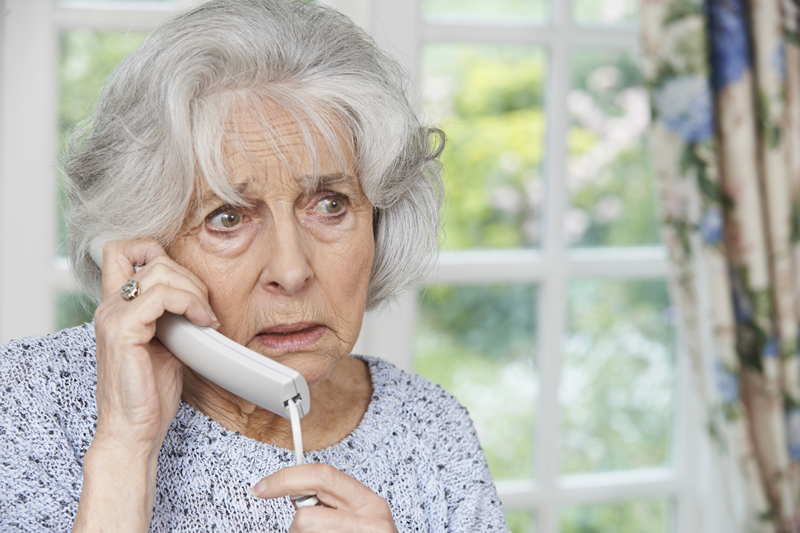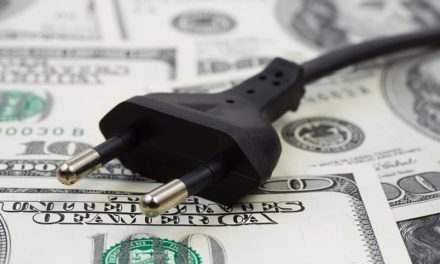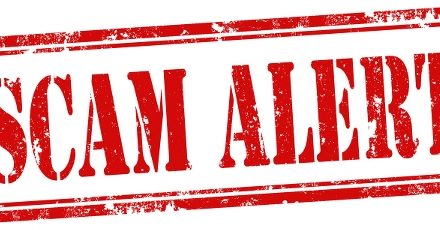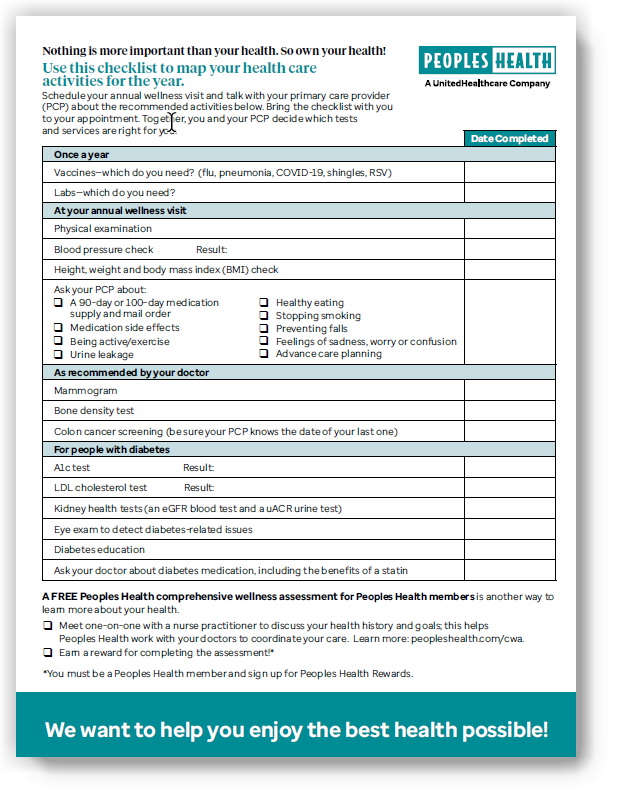A scam artist, or con artist, is someone who knowingly tries to cheat another person out of goods or money. Unfortunately, many scammers target seniors, especially late at night, when they are not fully awake and are less inclined to disturb others to confirm the scammer’s story.
Sly scammers can get your phone number by looking at telephone listings, visiting the social networking sites you use or hacking into your email account.
What is The Grandparent Scam?
A scammer may call you, pretending to be your grandchild or someone acting on your grandchild’s behalf, and ask for money.
The scammer may start the call with, “Hi, Grandma” or “Grandpa, do you know who this is?” If you respond with your grandchild’s name, the scammer will then assume your grandchild’s identity. Or the scammer may pretend to be your grandchild’s friend, a lawyer or law enforcement.
The scammer will ask for money for an expense like a car repair, overdue rent or bail money, and may even beg, “Don’t tell my parents.”
If a scammer calls you with a story like this, don’t let him or her convince you to wire money through Western Union or MoneyGram or send gift cards! Seniors have lost hundreds and even thousands of dollars to scams like this.
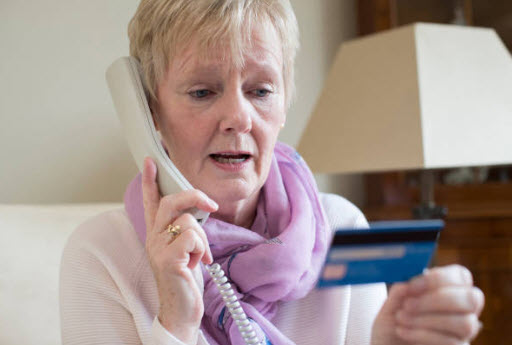
How can you protect yourself?
Do not volunteer any personal information to an unknown caller. This includes your name, your grandchild’s name or where you live. Use a firewall and antivirus software to keep your email accounts secure. If you receive a call or email from someone claiming to know you and asking for money, confirm what the caller is saying before you act. Make sure that you know for sure who is on the other end of the phone and all the details of the situation before you commit to anything. Once you send money, you can’t get it back. Ask the caller specific, personal questions that a scammer would not be able to answer. Also, try to contact the person the caller claims to be. Call your grandchild or your grandchild’s parents.
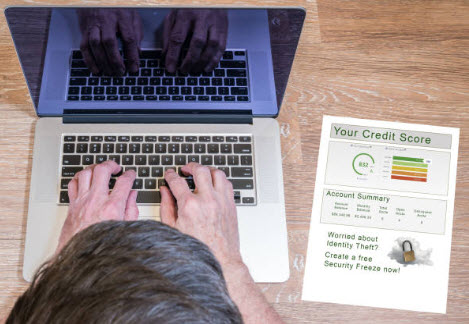
If you or someone you know has been a victim of The Grandparent Scam
Contact the bank the money was withdrawn from, local police and Adult Protective Services. You can also report scams to the Federal Trade Commission. Visit http://www.ftc.gov for more information.

